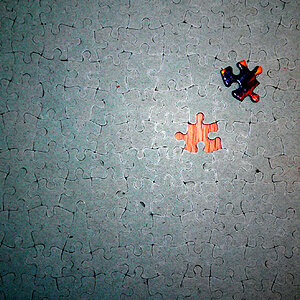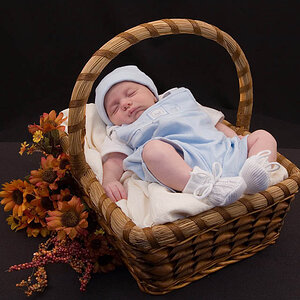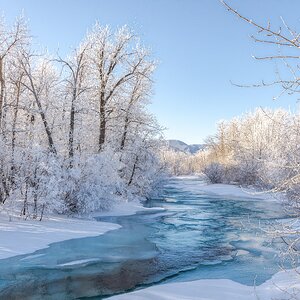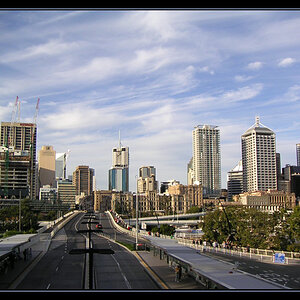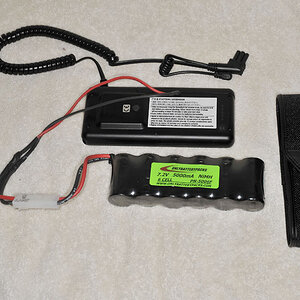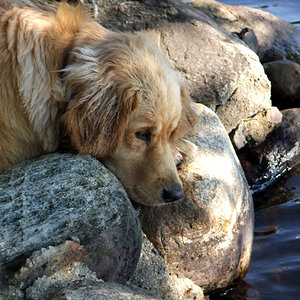beagle100
Been spending a lot of time on here!
- Joined
- Mar 31, 2015
- Messages
- 2,073
- Reaction score
- 546
- Can others edit my Photos
- Photos OK to edit
hahahaha .. right, yup.
I ran across this article which shows just that with FF cameras with a video !!
from the above link:
so flame away !!
Ha ha ... yup .... the big heavy mirrorless ... !!!
www.flickr.com/photos/mmirrorless




![[No title]](/data/xfmg/thumbnail/31/31755-9bffabfa76f6307bcd78f535b2421cb5.jpg?1619734993)
![[No title]](/data/xfmg/thumbnail/32/32181-195f34b5d304506aafc7ec317f64563f.jpg?1619735235)



